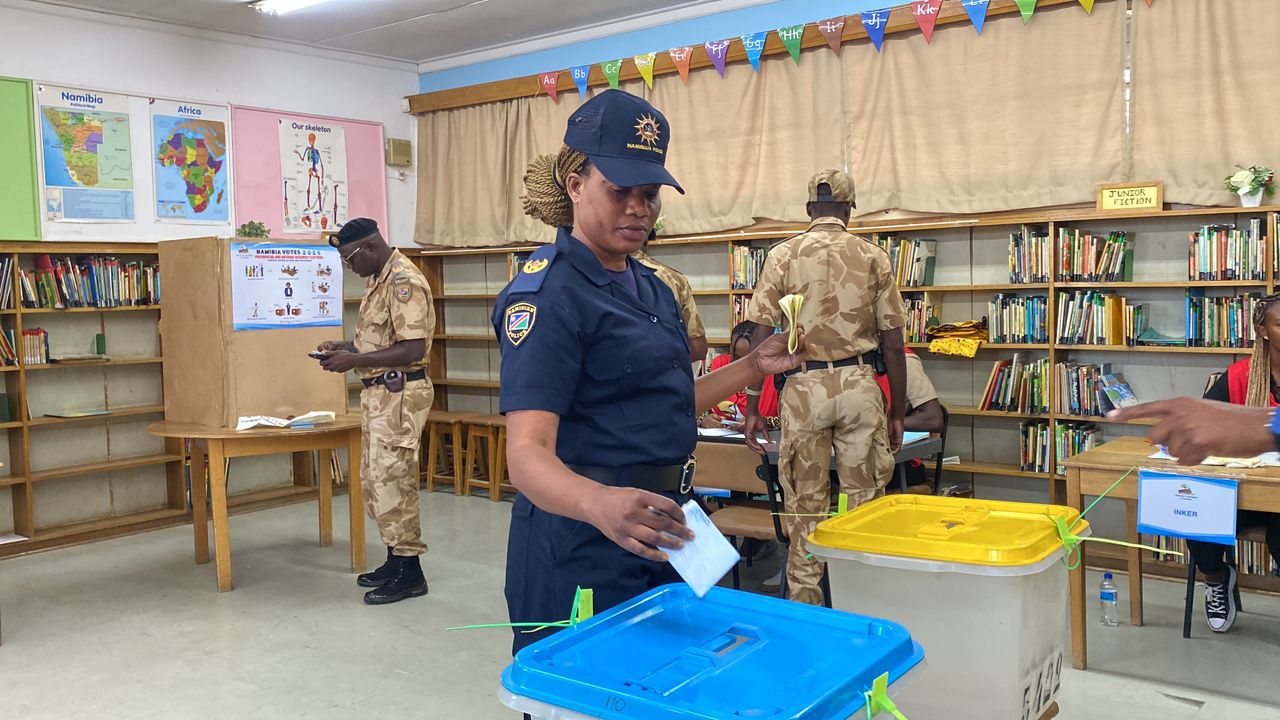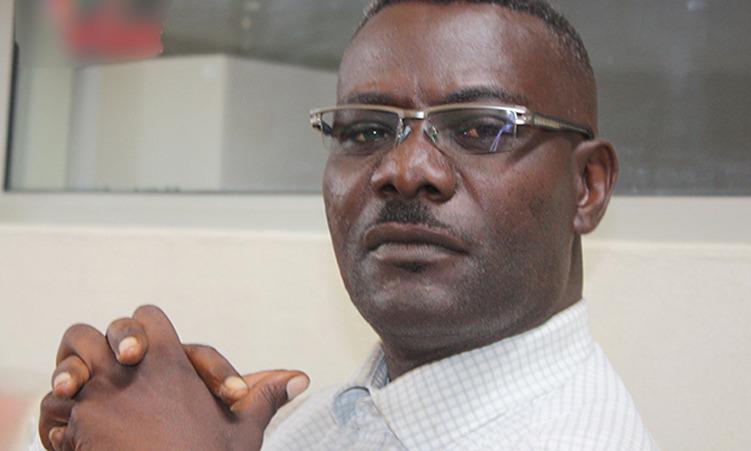• DANNY MEYER PLAYING the blame game is at times quite appealing, isn’t it? Unfortunately, it has become one of people’s favourite pastimes.
If we don’t do well in our studies we blame the poor standard of teaching or errant lecturers who fail to take academic duties seriously. It’s never our own fault. If things don’t go too well at work or in our business, it’s the fault of the boss; competitors originating from Asian countries undercutting prices; no money to fund growth; lazy staff or a meltdown in the global economy. We always manage to find, or rather to invent, a reason.
It is so lovely engaging in the blame game. And in doing so, to conveniently forget that when you point a finger you have three pointing back at you.
Playing the blame game is not the preserve of individuals as even countries can engage in this lovely pastime. For many politicians, sooner rather than later, it even becomes a habit. They use it to good advantage. Thereby deflect attention from the consequence of their own short-sightedness and irrational and silly decisions, by highlighting real or perceived acts or omissions of others.
This works well especially for those in leadership and more so for those who hold onto office for decades.
They are consistently preoccupied with winning the next election and conveniently forget the next generation in the process.
Several countries in sub-Saharan Africa were counted among the rising stars in the world economy not too long ago, but many growth projections have or are being trimmed. No longer seen as the place to do business, investors are turning their backs and heading away from Africa toward countries in South America and Asia. Those markets are considered more stable, attractive investment destinations.
So why have so many countries all over sub-Saharan Africa lost their attractiveness? Why are currencies losing value at alarming rates? Why do sub-Saharan African countries fall short of attracting foreign direct investment (FDI) so necessary to help set in motion economic recovery and industrialisation or value addition programmes? Changed from being a breadbasket to a basket case?
It is important to acknowledge that there are countries that suffer the consequences of a spillover from what neighbouring countries have done in the past or are still doing. This applies even more so to a country with its economy intertwined and connected to that of a neighbour, where it forms part of a common market or monetary union with others.
Obviously if your neighbours fight among themselves, are hostile to outsiders, enact laws that promote` bureaucracy, where corruption becomes the order of the day, democracy is considered an inconvenience or they just cannot manage their personal affairs up to an acceptable standard, it will hurt. It can even depress the value of other properties in that neighbourhood.
Some countries rid themselves of the shackles of colonialism decades ago, yet still use colonialism as a reason to justify the lack of infrastructural upgrade. See this as the root cause of a collapsed educational system and a lacking healthcare service. There was, however, ample time to make changes and usher in improvements.
Sub-Saharan Africa is rich in human gems with abundant natural resources, above and below the ground. Of course commodity and oil prices will rise and fall with fluctuations in demand. We know this part of the globe is prone to droughts and has been ever since the time of recorded history.
Bluntly stated, a country loses its appeal, attraction or sparkle when those in charge forget to routinely polish the proverbial heirloom or trophy in the display cabinet. To anticipate, plan and prepare accordingly so that good governance and sound management are the order of the day.
* Social entrepreneur Danny Meyer can be reached at danny@smecompete.com.
Stay informed with The Namibian – your source for credible journalism. Get in-depth reporting and opinions for
only N$85 a month. Invest in journalism, invest in democracy –
Subscribe Now!






